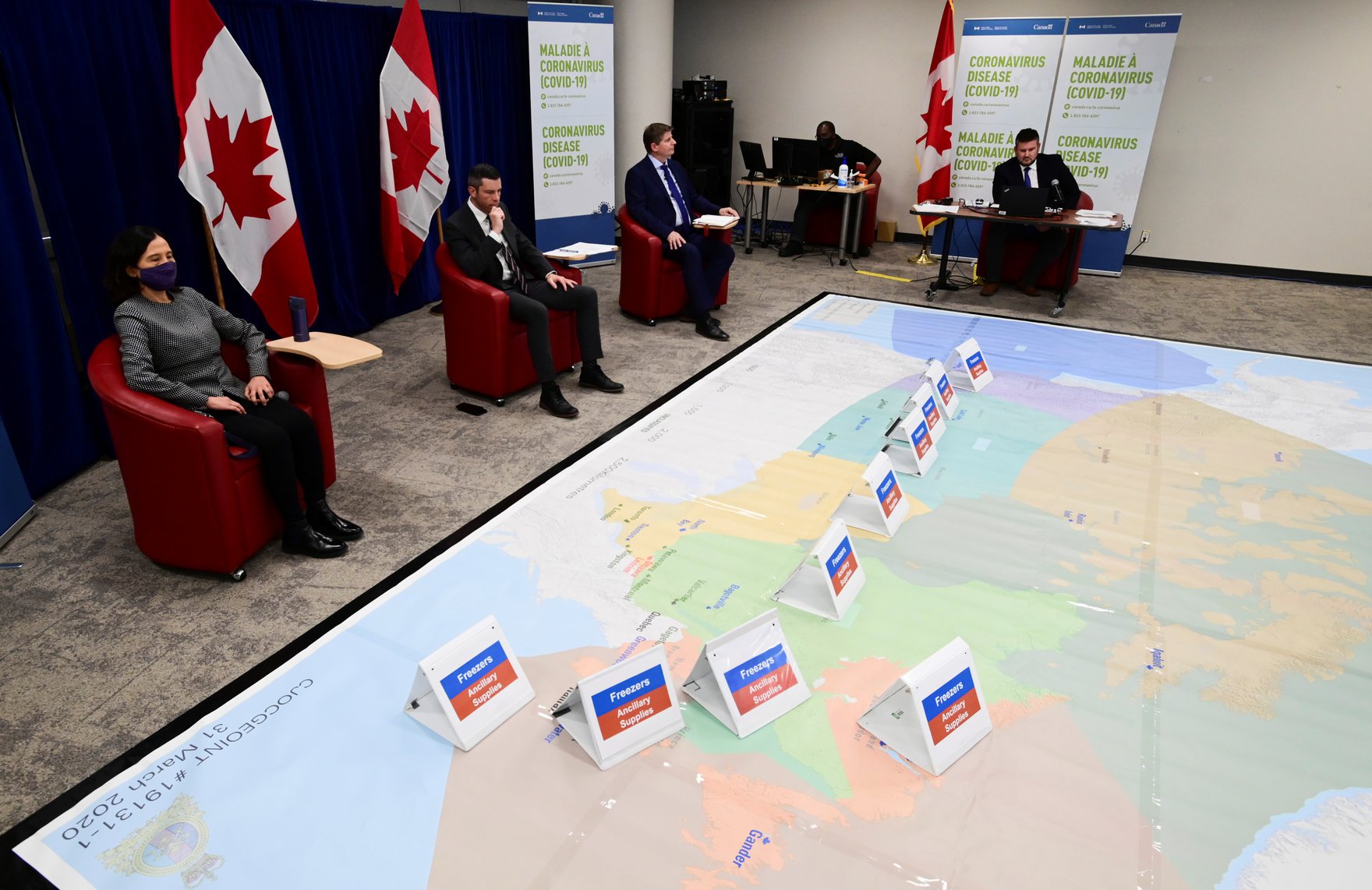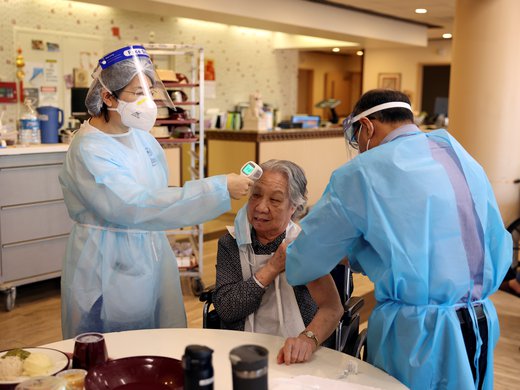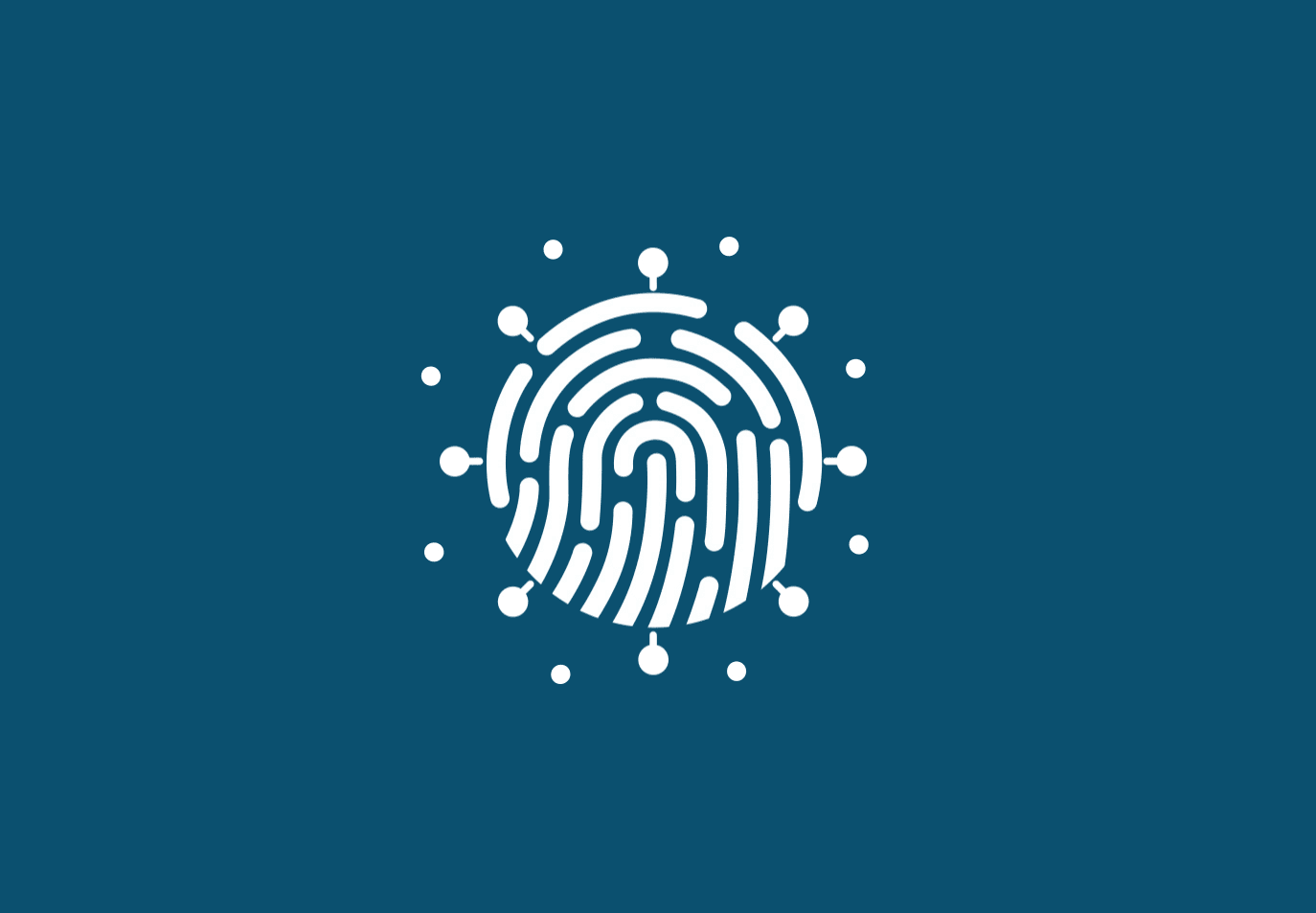The recently released final report by the independent panel reviewing the Global Public Health Intelligence Network (GPHIN) — Canada’s global public health surveillance system — is a harbinger of the challenges to come once we turn our full attention to future health security preparedness.
GPHIN was a toothless cog in the machinery of the federal government’s response to biological risks. In responding to COVID-19, it failed — or, more charitably, had little chance of success from the outset. GPHIN was prevented from issuing warning reports to a global audience and its internal reporting lacked any clout.
The circumstances that neutralized a system once considered a leading example of Canadian innovation in global health security point to the scale of reform needed if Canada is to be better prepared to meet the next biological threat. Reform encompasses better leadership, better organization, better integration of effort across government, more resources and enhanced use of technology.
Reform also means a genuine desire to achieve excellence and to position Canada as an effective global partner and leader in health security. It means embracing the reality that health security cannot be effectively achieved within national boundaries and that we must have a global scan capacity and preparedness plan for rapid responses to emerging biological health threats.
The reality, long known and directly experienced by Canada with the 2003 SARS (severe acute respiratory syndrome) epidemic, is that health threats emerge outside our borders, magnify rapidly and easily cross geographic boundaries.
GPHIN (pronounced gee-fin) was meant to be our ace in the hole. It was a true innovation when it was established in the late 1990s — one of the very first platforms created to utilize the internet as a source of global information about emerging health threats by curating digital media reporting. Its premise was that warning signals would likely first emerge unofficially and that we could get a head start on identifying biological risks and responding appropriately. It proved its worth over and over again — that is, until COVID-19 struck.
While GPHIN was able to identify a new and unknown pneumonia-like disease in China from media scanning as early as December 30, 2019, it was unable to play any larger role in the Canadian and international response. Its ability to disseminate “alerts” — early-warning messages — to a global audience had been stymied, by some mysterious organization-level fiat.
The information it produced through an intensive process of technological collection (capturing some 7,000 global news items per day) and human editing, conducted by a ludicrously small team of 10 analysts, made virtually no impact on higher-level decision making. It had, in government-speak, been “siloed” into invisibility and irrelevance.
This reflected a cultural problem at the Public Health Agency of Canada, an inward turn that abandoned a once-strong global engagement and commitment. In the years before COVID, GPHIN followed this drumbeat by turning its attention to disease outbreaks closer to home, including the opioid crisis in Canada and the U.S.
The Independent GPHIN Review Panel, led by Margaret Bloodworth, a former national security adviser to the prime minister, has good ideas about how to fix these issues. The panel’s final report characterizes GPHIN as an essential element of global health surveillance and argues that it must be maintained as a federal government capacity — to outsource it would be wrong. GPHIN’s ability to send alerts must be a core function in future. GPHIN needs to become more nimble adapting to technological change. It must find a way to exploit, responsibly, global social media in its search for early-warning signals. It must get better at tailoring its products for an audience of decision-making consumers. It must actively train the next generation of experts, starting with students.
In the face of emerging zoonoses arising from foodborne infections and antimicrobial drug resistance, it must expand its repertoire of tools and approaches to include domestic syndromic surveillance as well.
Over and above these recommendations, three things stand out in the final report. One is that the GPHIN function is useless unless its reports are properly integrated into an adequate risk assessment process, to inform decision makers in a timely fashion. This underscores the auditor general’s urgent call for reform of a broken and dysfunctional risk assessment system at the Public Health Agency of Canada. The Auditor General’s performance report on the Public Health Agency’s pandemic featured a devastating portrait of a risk assessment system that was unfinished despite years of work, untested, and not fit for purpose.
The Public Health Agency, in response, promised an internal review to improve the system, but urgency on this file seems missing.
A second point, not fully elaborated in the panel report, is that health intelligence needs to be better integrated into the government’s national security process, including through better connectivity with the security and intelligence community. A third finding looks outward. GPHIN needs to be reconnected to a global ecosystem of health surveillance and early warning.
The World Health Organization and several of our strongest allies, such as the United States, Britain and Germany, have all taken important steps in this regard. Canada needs to reassert its global role.
The independent panel knows that the COVID-19 crisis cannot be wasted as an opportunity for action, if we are truly to become better prepared for the next major health security threat. The looming question: does the Canadian government also know this?
It is high time to commit to a sweeping, independent review of all aspects of the response to COVID-19 while attention levels are high and before complacency sets in.



